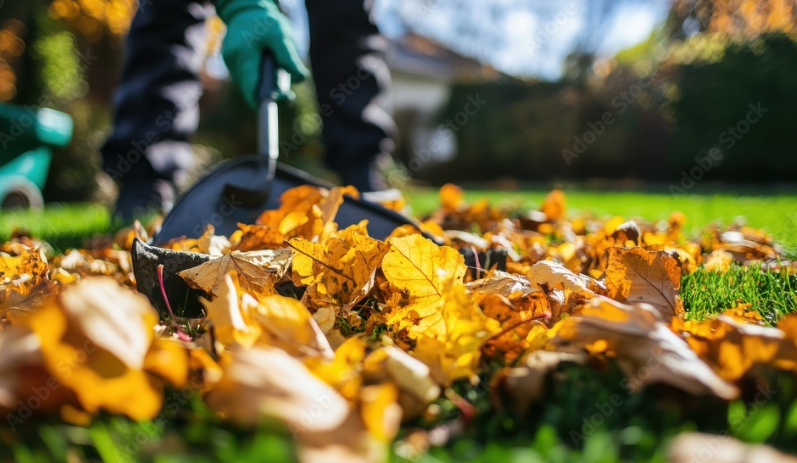
Transform Your Outdoor Space with Sustainable Lawn Care Practices Sep 24, 2025
The foundation of sustainable lawn care begins with proper lawn assessment. Understanding your lawn's specific needs—such as soil type, grass species, and the local climate—allows for tailored care that minimizes waste and maximizes effectiveness. Start by conducting a soil test to determine pH levels and nutrient deficiencies. This information can guide you in selecting the right fertilizers and soil amendments, ensuring your lawn gets precisely what it needs to thrive.
Next, consider adopting organic fertilization methods. Traditional fertilizers can contribute to environmental pollution through runoff, which affects local waterways. Instead, focus on using organic fertilizers that slowly release nutrients, promoting healthy soil microorganisms and reducing chemical dependency. Composting is another excellent option, as it recycles organic waste from your household, enriching your lawn while reducing waste.
Water conservation is a critical element of sustainable lawn care. Efficient watering not only saves water but also encourages deep root growth, resulting in a more drought-resistant lawn. Watering early in the morning reduces evaporation, and utilizing drip irrigation or soaker hoses directs water precisely where it's needed. Implementing rain barrels can also help capture rainwater for later use, reducing reliance on municipal water sources.
Integrating native plants with your grass can further enhance sustainability. Native species are better adapted to local conditions, requiring less water and care. This diversity not only supports local wildlife but also creates a dynamic, visually appealing landscape that changes with the seasons. Consider adding mulched flower beds or bordered plant areas to reduce lawn size, which in turn reduces mowing and maintenance.
Speaking of mowing, adopting environmentally friendly mowing practices can make a significant difference. Mow high and leave clippings on the lawn to act as natural fertilizer, a practice known as grasscycling. Ensure mower blades are sharp to avoid tearing grass, which can lead to disease. Consider investing in electric or reel mowers that have a smaller carbon footprint compared to gas-powered options.
Pest control should also follow sustainable guidelines. Rather than resorting to chemicals, explore integrated pest management. This approach uses biological control methods like introducing beneficial insects and maintaining healthy soil to naturally deter pests. Spot treat with natural solutions like neem oil or diatomaceous earth only when necessary.
In conclusion, transforming your outdoor space into a sustainable haven offers numerous benefits. It enhances your property's value, supports local ecosystems, and aligns with increasingly important environmental goals. Perfect Lawn Solutions LLC is here to support you on this journey, providing expert guidance and services that align with these sustainable principles. Remember, every small step towards sustainable lawn care contributes to a larger positive environmental impact. For more information or to schedule a consultation, reach out to us today and start transforming your lawn into an eco-friendly masterpiece.
/filters:no_upscale()/media/3200e1bc-e806-4c7f-9fa5-4d4c53b980d2.jpeg)
/filters:no_upscale()/filters:format(webp)/media/4c9ede5e-69dd-43b4-b917-b39ec5d2928a.png)